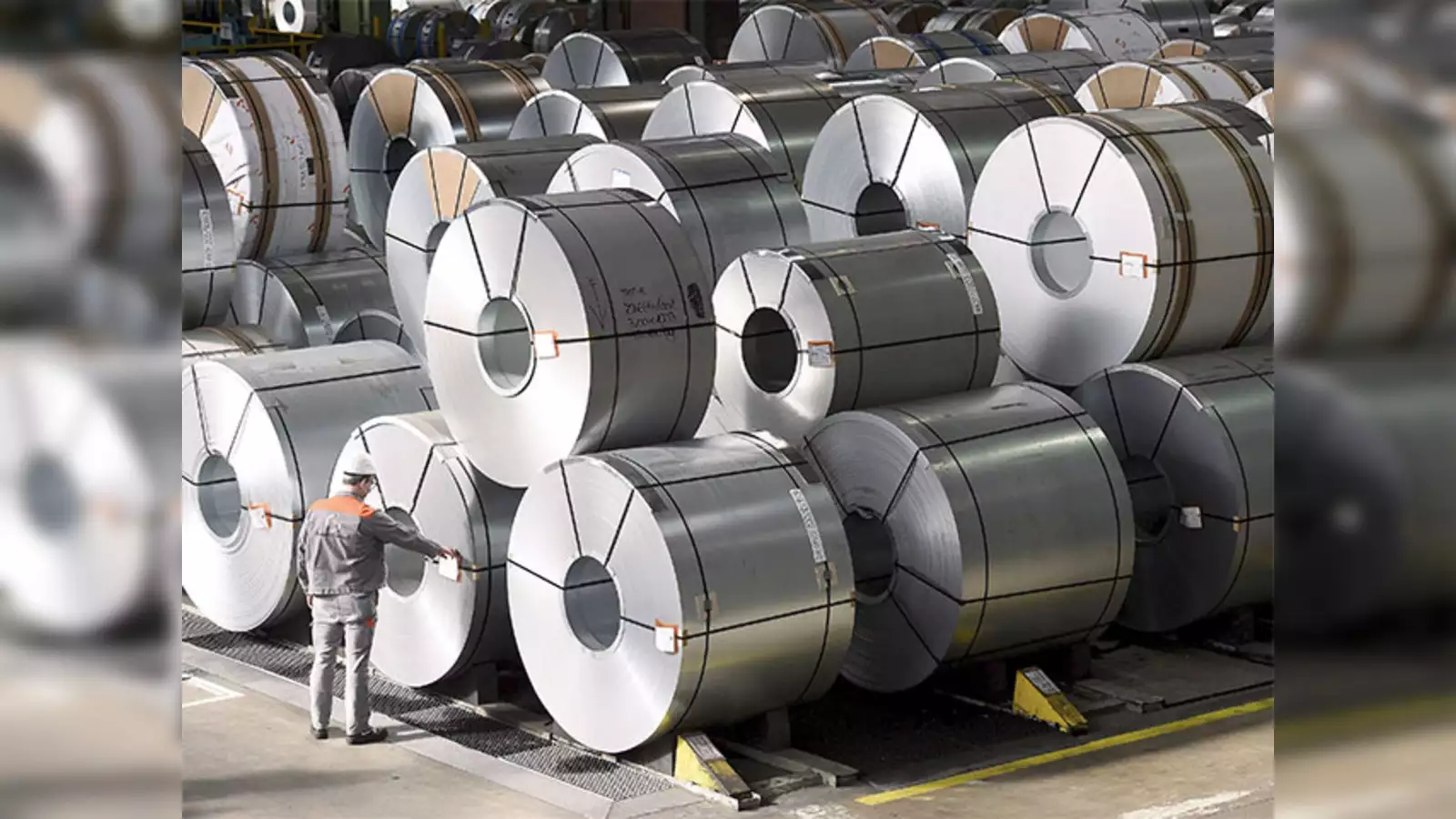The steel industry is anxiously awaiting the upcoming interim budget, anticipating the government’s intervention to address the escalating issue of cheap steel imports. Concerns have risen as the country turned into a net importer of finished steel in the first nine months of the current fiscal year, with November recording imports at 5.6 million tonnes and exports at 4.7 million tonnes.
Finished steel, encompassing non-alloyed, alloyed, and stainless-steel offerings, has seen a widening gap between imports and exports, prompting industry executives to press the government for a mechanism to curb unchecked imports. Executives revealed that these requests were formally presented during a recent meeting with the steel ministry.
Domestic players have long been urging the government to counter alleged steel dumping from countries like China and Vietnam. Proposed measures include a tariff rate quota and reconsideration of the lesser duty rules in anti-dumping investigations. The government is exploring WTO-compliant policy measures if it identifies dumping, primarily from China and some southeast Asian countries.
Despite industry concerns, the government remains unperturbed, attributing the rise in imports to increased domestic demand. Union Minister of Steel, Jyotiraditya Scindia, highlighted a significant surge in Indian steel production, insisting that the increased imports are proportionally minor.
In the midst of these challenges, the steel industry has included specific recommendations in the budget, seeking customs duty exemptions on various materials. These include ferronickel imports, zero customs duty on pure nickel, and exemptions on items such as roasted molybdenum concentrate, ferromolybdenum, ferro-nickel-molybdenum, steel and stainless-steel scrap, coking coal, and PCI coal.
Rajamani Krishnamurti, President of the Indian Stainless Steel Development Association (ISSDA), emphasized the high cost of production due to customs duties on essential raw materials not produced in India. He urged for duty exemptions to make secondary steel production economically viable.
Meanwhile, the government is actively working on the Production Linked Incentive (PLI) scheme 2.0 to ensure an adequate supply of raw materials for the steel sector in 2024. Minister of State for Steel, Faggan Singh Kulaste, confirmed discussions at various levels, highlighting the scheme’s focus on promoting the use of scrap.
Despite expectations of robust economic growth driving steel demand, industry players remain cautious amid concerns about rising imports and soaring raw material prices, especially given geopolitical uncertainties.
Read Further:


Leave a Reply
You must be logged in to post a comment.